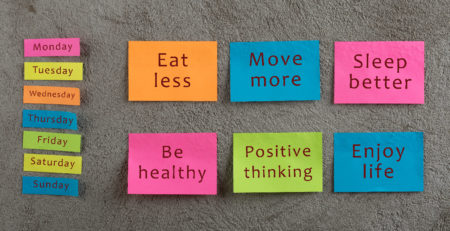Stressed Out: The Alarming Effects of Chronic Stress on Your Health
You’ve had those days filled with endless tasks and looming deadlines that send your heart racing and your stomach into knots. It might feel temporary, like a storm passing through your busy week. But what happens when the stress lingers, transforming from a visitor to a mainstay in your life? This is chronic stress, and it’s not just a nuisance—it’s a serious risk to your health.
Understanding Chronic Stress
Chronic stress occurs when you are subjected to ongoing pressures and demands, without enough relief or relaxation between challenges. Over time, your body remains in high gear, with stress hormones like cortisol flooding your system for days, weeks, or even longer. This prolonged state of alert can have a deep impact on your physical, emotional, and mental health.
The Physical Toll: When Your Body Bears the Burden
When stress becomes chronic, your body pays the price. Initially designed to handle short-term threats, your stress-response system isn’t built for marathons; it’s more of a sprinter. Here’s how being in a perpetual state of stress can affect your physical health:
– Heart Health: The floodgates of hormones that come with stress include adrenaline and cortisol, which increase your heart rate and blood pressure. Over time, these responses can lead to heart disease and increase your risk of heart attack or stroke.
– Immune System Compromise: While acute stress can temporarily boost your immune system, chronic stress does the opposite. It suppresses immune responses, making you more susceptible to infections and illnesses.
– Weight Issues: Stress impacts your metabolism, leading to cravings for high-fat, sugary foods. Plus, cortisol plays a role in fat storage and weight gain in stressed individuals, particularly around the abdominal area.
Mental Maelstrom: The Emotional and Psychological Strain
Chronic stress doesn’t just wreak havoc on your body; it also impacts your mind. Living under constant pressure can lead to:
– Anxiety and Depression: Long-term stress can be a breeding ground for persistent sadness or feelings of hopelessness, which can eventually lead to anxiety disorders and depression.
– Cognitive Problems: Under stress, your ability to concentrate, make decisions, and remember things can suffer. Chronic stress might also contribute to the development of certain neurological disorders over time.
Navigating a Path to Wellness
Understanding the effects of chronic stress is the first step toward managing it. Here’s what you can start doing today to ease the pressure:
– Prioritize Relaxation: Just as you schedule work meetings and errands, it’s crucial to schedule downtime. Whether it’s reading, yoga, or gardening, find what relaxes you and make it non-negotiable.
– Exercise Regularly: Physical activity is a phenomenal stress-buster. It helps manage weight, improves your mood by releasing endorphins, and reduces health risks associated with chronic stress.
– Seek Support: Sometimes, talking things out with friends, family, or a professional can provide great relief. Never underestimate the power of being understood and supported.
– Mindfulness and Meditation: These practices help you train your mind to focus on the present, reducing the chaotic rush of worries about the past and future.
Chronic stress might be a part of modern life, but it doesn’t have to control yours. Recognize its presence, take proactive steps to manage it, and nurture your health—the best investment you can make in your future. Remember, every step you take toward stress management is a step toward a healthier and happier you.












